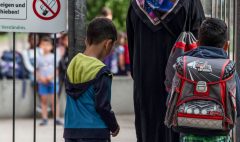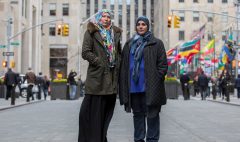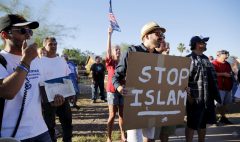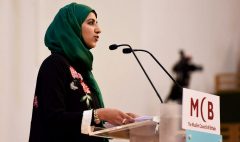A suburban filmmaker sued to find out why the FBI was watching her Muslim community: ‘It’s weird to read how they wrote about us’
February 29, 2020 2023-05-23 12:41A suburban filmmaker sued to find out why the FBI was watching her Muslim community: ‘It’s weird to read how they wrote about us’
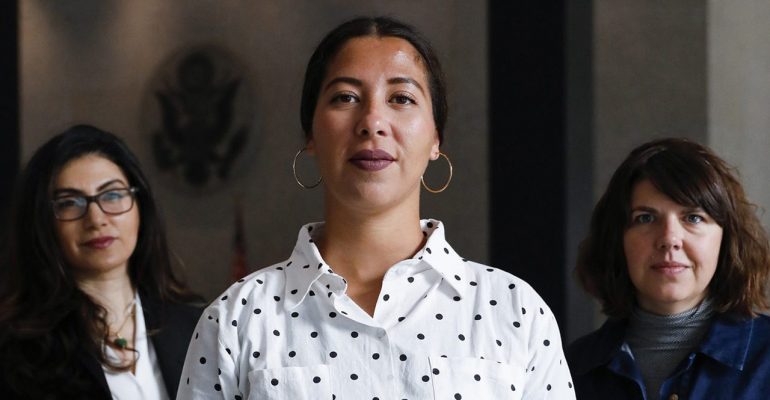
A suburban filmmaker sued to find out why the FBI was watching her Muslim community: ‘It’s weird to read how they wrote about us’
Since 2016, documentary filmmaker Assia Boundaoui has been waiting for answers from the FBI to one question: Which parts of her Arab American community in Bridgeview were surveilled after 9/11? After a court hearing last week, she learned she will have to keep waiting. A journalist by profession, Boundaoui said she needed to know why her community was being tracked so in 2016, she submitted questions through a Freedom of Information Act request to the FBI. Eventually, she received more than 33,000 heavily redacted documents that contained more than 500 names of people and organizations from Muslim communities around the country.
As part of her lawsuit to obtain the requested documents more quickly than the three-year timeline the FBI originally offered, a judge ordered two FBI employees to appear at a Jan. 22 public deposition to answer questions from attorneys. A couple of dozen community supporters also attended, but much of the proceeding focused on the FOIA process.
Boundaoui is taking up an issue that has been hanging over Muslim American communities for years and one that few people even know about: After 9/11, the federal government decided to expand its surveillance of certain neighborhoods. Even today, the reasons for these actions haven’t been fully explained.
University of Chicago professor Aziz Huq, who teaches constitutional law, said it is not surprising that the government uses more controversial tactics in its terrorism investigations.
Surveillance of Muslim American communities in the Chicago area started in the 1990s, when the FBI began focusing on charities in the U.S. as possible sources of funding for terrorists overseas. One such investigation was Operation Vulgar Betrayal, “one of the largest anti-terrorism investigations ever conducted in the United States before 9/11,” according to Boundaoui’s lawsuit.
Source: Chicago Tribune


